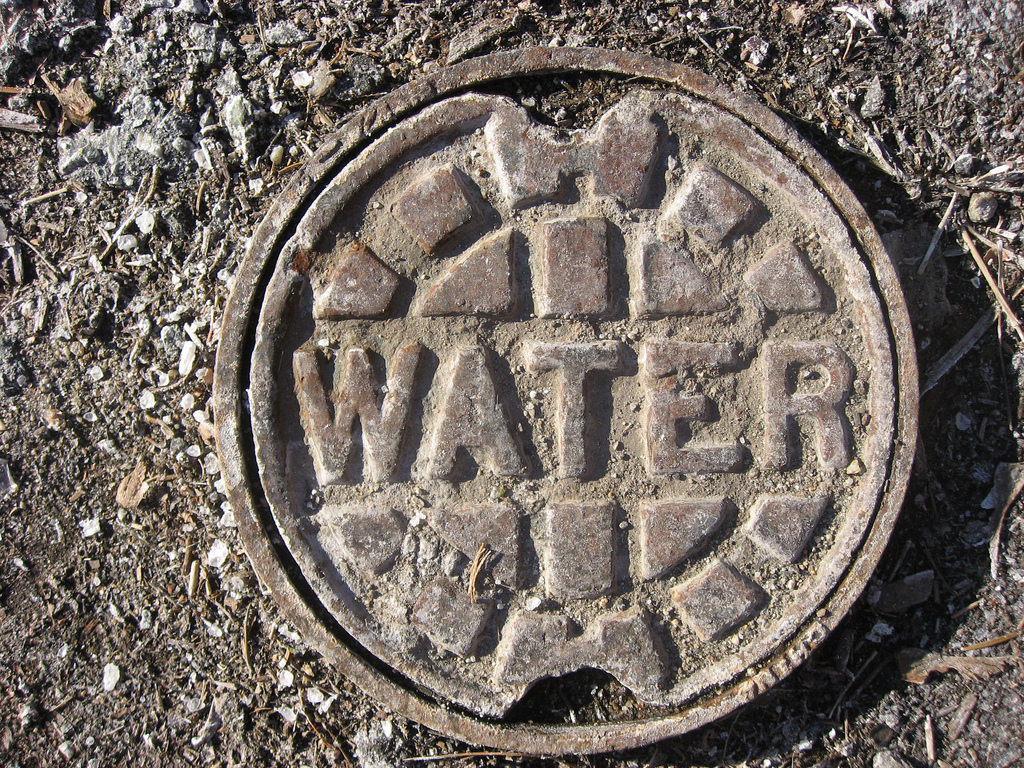Gaps In Regulation And Oversight Left West Virginia Chemical Spill Site Uninspected For 22 Years
How did 300,000 West Virginia residents end up without clean water for five days and counting? A chain of incomplete regulations and bureaucratic hand-offs allowed the massive chemical leak to happen without notice, largely on nobody’s watch, the Wall Street Journal reports.
An estimated 7500 gallons of the chemical 4-methylcyclohexane methanol, called MCHM, leaked into the Elk River in West Virginia from a 48,000 gallon tank. The leak was discovered last Thursday, resulting in a do-not-use order for water in nine counties and the state capital.
According to the WSJ, the tank and storage facility, owned by Freedom Industries, was “subject to almost no state and local monitoring.” Federal programs do not currently track MCHM closely, and a state regulator told the WSJ that environmental inspectors hadn’t visited the site since 1991.
A 23-year gap in oversight could indeed leave a growing hole in the tank unnoticed. As for the chemical MCHM, regulation there doesn’t appear to have been much better.
Freedom Industries did, as required by law, include MCHM on a list of chemicals with “immediate (acute) hazards” that it supplied to the West Virginia Department of Homeland Security and Emergency Management. But that list, which sounds like it should be used for risk management, threat assessment, or emergency prevention, apparently didn’t go anywhere useful. Spokespeople for West Virginia American Water and for a local emergency management group both told the WSJ they were unaware any such list existed.
West Virginia American Water also told the WSJ that each of the company’s facilities maintains a source water protection plan. However, the most recent plan was completed back in 2002. The tank that leaked was identified in that plan as a potential threat.
Since the 2002 plan was completed, though, the site and tank changed hands. And the site itself, according to the WSJ, wasn’t subject to much in the way of state regulation because it was used for storage rather than for manufacturing or active processing.
The Environmental Protection Agency does not regulate most above-ground chemical storage facilities, says the WSJ. Although the EPA does require plants with permits to discharge chemicals into water to have spill-prevention plans, the Freedom Industries tank, as a storage facility, was not subject to that process.
The state of West Virginia has some regulations in place that required Freedom Industries to provide containment areas to contain spills and to allow leaks to be easily detected, and to prepare and implement a groundwater protection plan. The WSJ reports that Freedom had not yet provided such a plan to the state Department of Environmental Protection.
The chairman of a county-level emergency-response-planning group told the WSJ, “I don’t want to overregulate private industry, but this does show that there are some chemicals that fall under the radar.”
One could make a compelling argument that maintaining the potable water supply for hundreds of thousands of residents is a basic protection that doesn’t really cross the line into “overregulation.”
The end of this particular disaster is beginning to appear on the horizon: as of noon today, some residents, zone-by-zone, are starting to have access to water again. Preventing a next time, though, will take the effort and political will to assemble the jigsaw puzzle of regulations to make sure businesses like Freedom Industries and chemicals like MCHM are covered.
West Virginia Chemical-Spill Site Avoided Broad Regulatory Scrutiny [Wall Street Journal]
Want more consumer news? Visit our parent organization, Consumer Reports, for the latest on scams, recalls, and other consumer issues.


